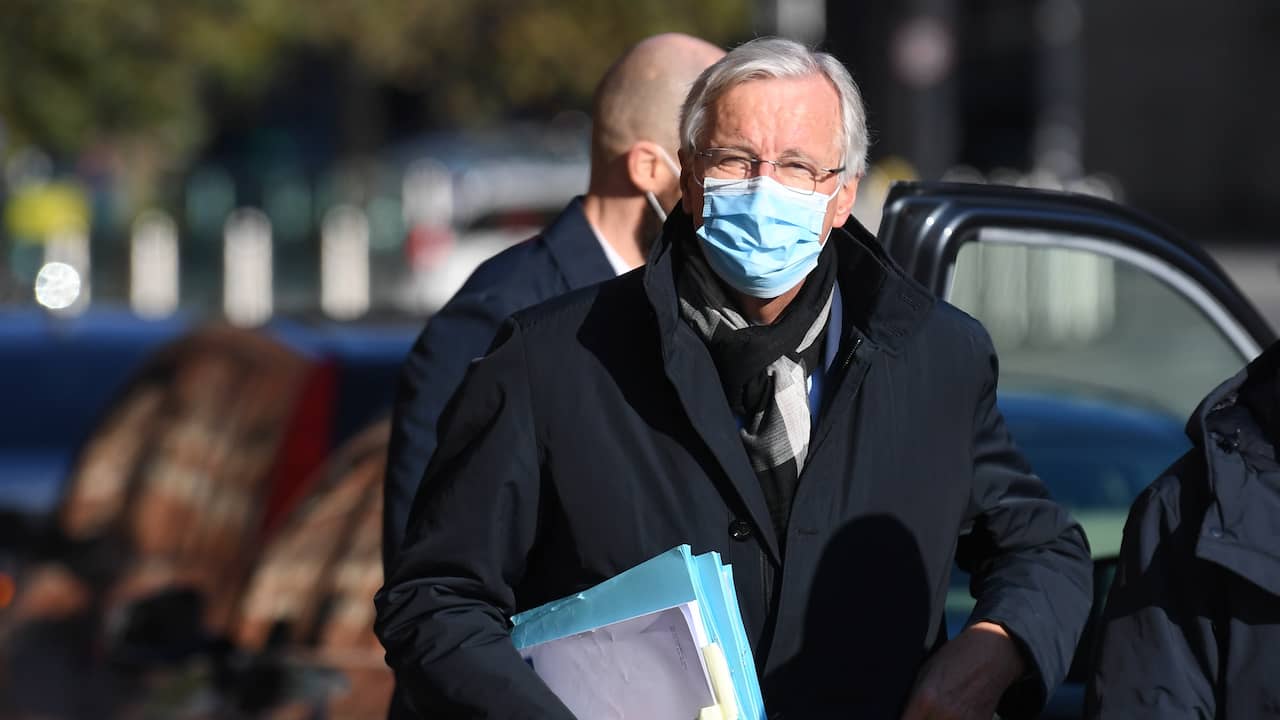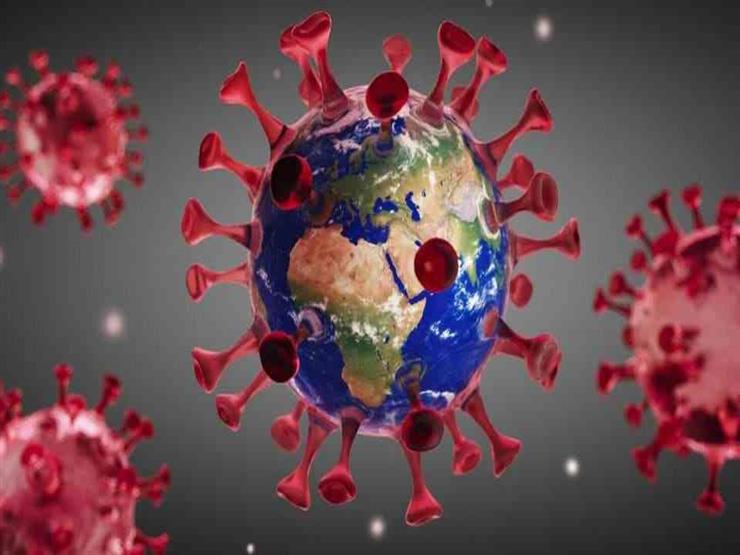Brexit is back. The British have now left the European Union, but the two parties are still arguing about their future relationship. Time is running out and the news is piling up quickly, so we’ll have a quick update on what happened this week.
Frustration, mistrust and irritation are three words that have characterized the negotiations between the UK and the EU so far, but this week unexpectedly a new word was added: optimism.
The flag seemed to hang better in both London and Brussels. British politician Michael Gove, who is responsible for the implementation of the Brexit agreement on behalf of the UK, said in the House of Commons this week that he considers the chance of a deal to be 66 percent.
On the other side of the Channel, insiders let the news agency know Reuters “That we are getting closer to a deal, despite what the no-deal rhetoric publicly suggests,” the source said.
‘De tunnel’ in
Progress and optimism are needed as yet another deadline is approaching: British Prime Minister Boris Johnson wants to see whether an agreement is possible before 15 October. Not too strict a requirement. Insiders therefore expect the negotiations to continue and even last well into November.
Johnson’s deadline has not been set to October 15 for nothing. European government leaders will meet on Thursday for the first time in a long time to update on Brexit. The British hope that EU leaders will give the European chief negotiator Michel Barnier the green light for so-called ‘tunnel negotiations’.
In the tunnel, the teams of both parties will negotiate without consulting other political stakeholders or informing the media. Last year, the two sides also entered the tunnel, a ride that resulted in the British withdrawal agreement. Barnier would also be almost ready to enter the proverbial tunnel and would need some more British concessions, insiders said. Reuters.
Fishing in other people’s waters is the hottest issue
Before the exit to the tunnel comes into view, there are still a few major hurdles to overcome. Fishing in particular was in the news this week. British chief negotiator David Frost called it “the most difficult topic” of the Brexit negotiations in the House of Commons.
To refresh the memory, the current agreements welcome European fishermen to British waters and vice versa. The British want to regain control of their own waters and allow fewer European fishermen to support their own fisheries. They want to be able to dispose of those extra herring and mackerels without any problem on the European internal market, something Brussels is against. The EU wants to maintain the status quo in order to protect its own fishermen.
Fisheries will be discussed extensively at the EU summit. Barnier will try to force some concessions there from countries that have not been flexible so far, such as France, Belgium and the Netherlands. Although the subject has caused a lot of controversy, it is expected that the parties will come to an agreement in the field of fishing. “I don’t believe the stalemate in the fisheries will stand in the way of a trade deal,” an EU diplomat told Friday. Reuters.
– .


